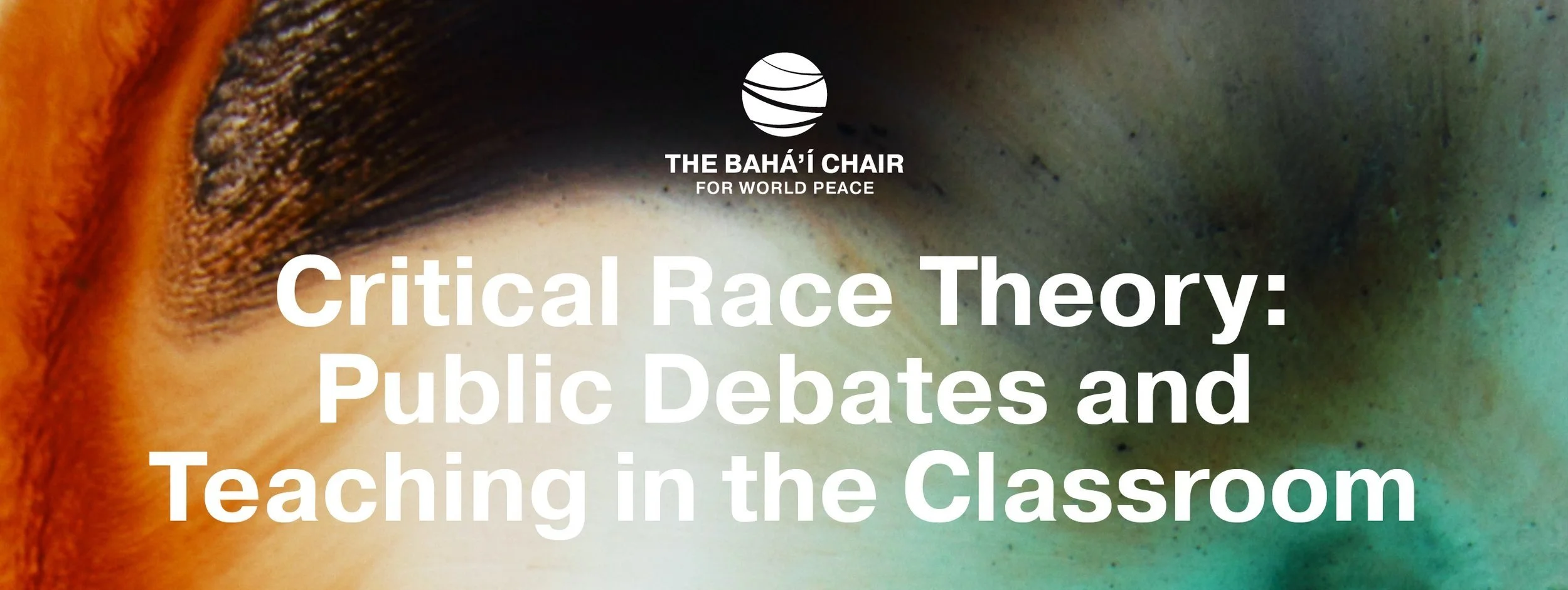About:
The realities of the Pandemic in 2020 have highlighted the underlying structural causes of inequality in the United States, and across the globe. The clear differences between those who can stay at home and stay safe, and those who cannot, highlights the corrosive effects of inequalities. Throughout 2020 we have also witnessed an increase in political instability with growing polarization over social issues and public health protection measures. This civil unrest highlights the fragility of our current social systems, and demonstrates the consequences of growing economic inequality.
At the same time the November elections in the United States involved the largest numbers of voter participation recorded since 1900, perhaps a hopeful sign of increased political engagement. The question remains, now that the impact and consequences of these inequalities have been exposed, will the pandemic be a catalyst for change? This symposium will explore the underlying inequalities in our social systems, discuss potential solutions, and examine the extent to which these structural faults could lead to a growth in political violence and disorder.
Speakers:
DR. CRYSTAL MARIE FLEMING
Professor of Sociology and Africana Studies at SUNY Stony Brook
DR. VICTOR RAY
Published in the American Sociological Review, American Behavioral Scientist, Annals of the American Academy of Political and Social Science, Contexts, Ethnic and Racial Studies, The Journal of Marriage and Family, Sociology of Race and Ethnicity and Sociological Theory
Moderator:
PROFESSOR RASHAWN RAY
David M. Rubenstein Fellow at The Brookings Institution, Professor of Sociology and Executive Director of the Lab for Applied Social Science Research (LASSR) at the University of Maryland, College Park






